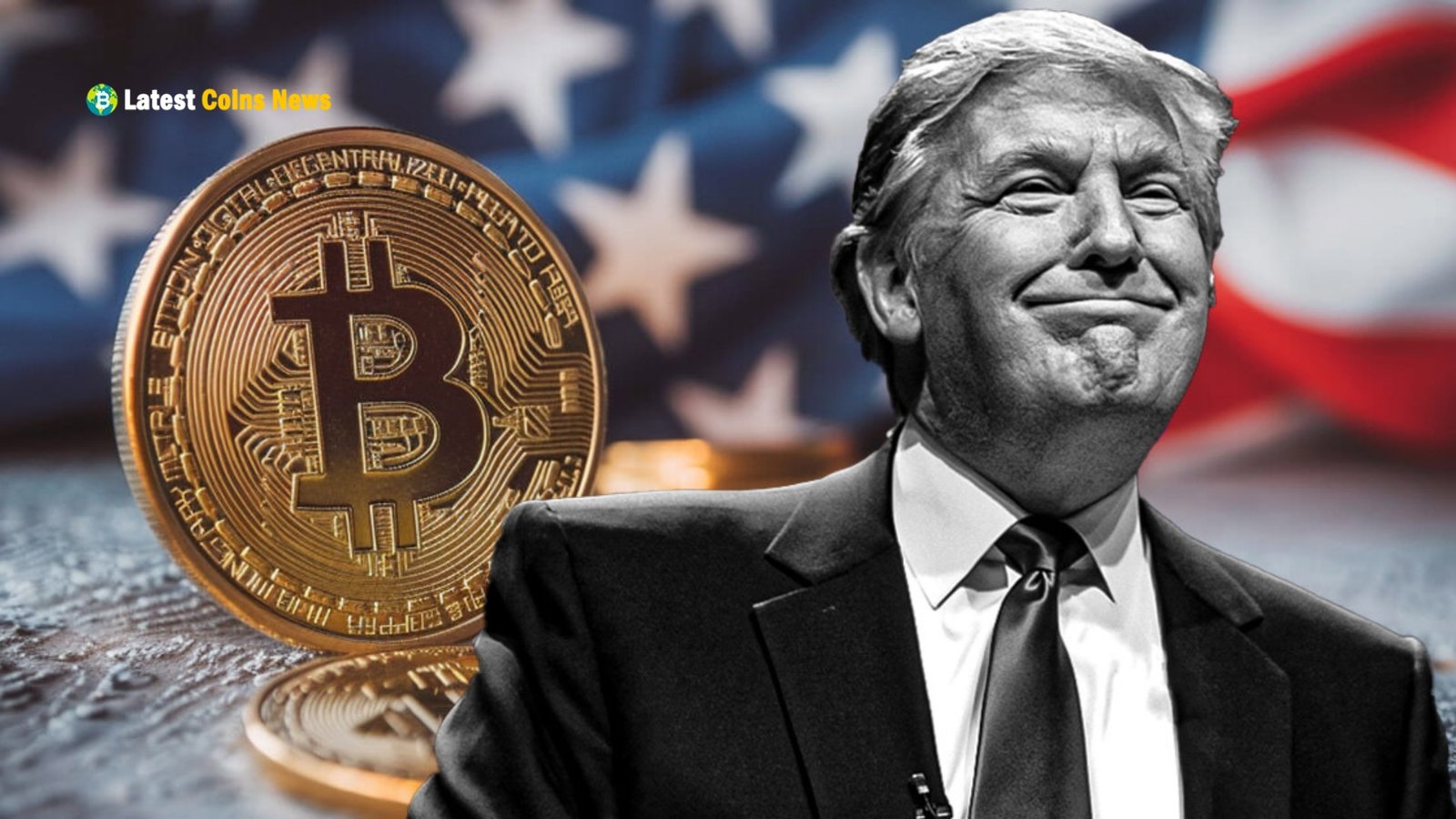Bitcoin-Friendly Nigeria to Crypto Pariah

Bitcoin-Friendly Nigeria: The shifting operating environment in Nigeria is exemplified by the February arrest of Tigran Gambaryan, Binance’s Head of Financial Compliance. Gambaryan was not personally implicated in the accusations, but the court determined that, as an American citizen, he may be held responsible for his employer’s tax fraud and money laundering.
The diplomatic tensions between the United States and Nigeria were ratcheted on July 12 when a Nigerian court remanded Gambaryan until October 11. A wheelchair was present for the court appearance of the former U.S. Internal Revenue Service (IRS) agent, who had contracted pneumonia and malaria while incarcerated.
On eleven separate occasions, representatives and diplomats from the United States met with the Binance employee, urging his release on humanitarian grounds. Congressman from Gambaryan’s district has asked the Biden administration to acknowledge him as a “hostage held by an unaccountable government.”
Pushing Out CEXs

While the Binance case has taken a lot of heat for being too personal, it’s only one example of Nigeria cracking down hard on the cryptocurrency industry. According to a report by Chainalysis in 2023, the government is reassessing its strategy in the peer-to-peer (P2P) cryptocurrency market, which is the largest in the world.
International exchanges are being discouraged and scapegoated by the authorities. Amidst legal uncertainties, OKX, the world’s second-largest cryptocurrency exchange by trading volume, recently informed its subscribers that it will withdraw from the Nigerian market in August 2024. For customers in Nigeria, Kucoin imposed a 7.5% VAT on top of its 0.1% transaction fees as of July 8. The company cited “changing local laws” as the reason for the surprising move.
The Nigerian Securities and Exchange Commission (SEC) directed trading pairs involving the naira to be delisted in May 2024. The U.S. Securities and Exchange Commission (SEC) claimed that CEXs were responsible for the out-of-control inflation by manipulating the local fiat currency. User reports of difficulties accessing exchange websites like Coinbase have persisted since then, casting doubt on Nigeria’s projected 9% increase in crypto transaction volumes in the year leading up to June 2023.
Regulatory Bodies in Conflict With Each Other
Many young individuals have started using Bitcoin instead of the naira because of how inflationary it is. The COVID-19 outbreak and falling oil prices have exacerbated the West African country’s two severe recessions since 2016. To combat inflation and counterfeiting, the Nigerian government’s money supply was set to undergo a redesign in 2022, according to the Central Bank of Nigeria (CBN). However, in early 2023, inflation reached a record high of over 20% due to cash shortages caused by this decision.
For the government of Nigeria, this was a perplexing scenario. Companies that help Bitcoin-Friendly Nigeriatrading could be formally blocked, which could lead to a loss of revenue if traders go underground. However, it may open the door to cryptocurrency trade, further weakening the naira due to speculation.
When presented with what appeared to be an impossible dilemma, Nigeria’s regulatory agencies, the CBN and the SEC, adopted a “good cop, bad cop” strategy. Nigeria’s purported support for financial innovation was insincere because of its penchant for limiting cryptocurrency activity in response to crises.
Former president of the lobbying group Stakeholders in the Blockchain Technology Association of Nigeria (Siban). A cryptocurrency lawyer, Senator Ihenyen brings a wealth of experience. Crypto News asked him about the regulatory disagreement in Nigeria, and he referenced an opinion piece he had written not long ago. He said that the SEC’s sibling body, the CBN, has taken a position that has rendered its regulatory system ineffective.
The Global Response
Crypto enthusiasts worldwide have voiced their disapproval of Nigeria’s position on cryptocurrencies. The restriction was viewed by many as a regression in technology that would limit innovation and prevent Nigerians from engaging in the digital economy. The crypto community has long maintained. The government should not outright outlaw digital currencies but rather work to establish rules. That would ensure their legitimate and secure use.
The Crypto Pariah community and the Nigerian government were urged by prominent figures and organizations worldwide to engage in conversation and work together. Financial inclusion, economic prosperity, and technical advancement were among the possible advantages of cryptocurrencies. However, there was no change in the stance of the Nigerian government, which showed no signs of adopting a more crypto-friendly policy.
Also, More” Grayscale Bitcoin Mini Trust SEC-Approved, Pending S-1
The Future of Crypto in Nigeria

It is unclear what the future holds for cryptocurrency in Nigeria. According to the country’s tenacious crypto community, digital currencies will remain in Nigeria’s economy despite the government’s reluctance to soften. Its position is the continued popularity of decentralized finance (DeFi) solutions and peer-to-peer trading platforms. Nigerians will have more options for participating in the cryptocurrency market.
The government might face mounting demands to change its stance in the distant future. Nigeria could fall behind in the digital innovation race if other African countries like. South Africa and Kenya adopt more crypto-friendly policies. Nigeria can become a top crypto-friendly nation again if it adopts a balanced strategy. That considers the risks and allows the crypto business to thrive.
Conclusion
The transformation of Nigeria from a country that welcomed Bitcoin-Friendly Nigeria to one that shunned it exemplifies. The complicated and frequently controversial dynamic between governments and the cryptocurrency sector. However, the government has reasonable worries about the banking system’s safety.
The complete prohibition of cryptocurrencies has hindered innovation and prevented Nigerians from enjoying the advantages of the internet economy. Because of how strong the Nigerian Crypto Pariah community is, things can get better. A flourishing cryptocurrency ecosystem that promotes. A more reasonable and cooperative approach could boost Nigeria’s economy and financial inclusion.
